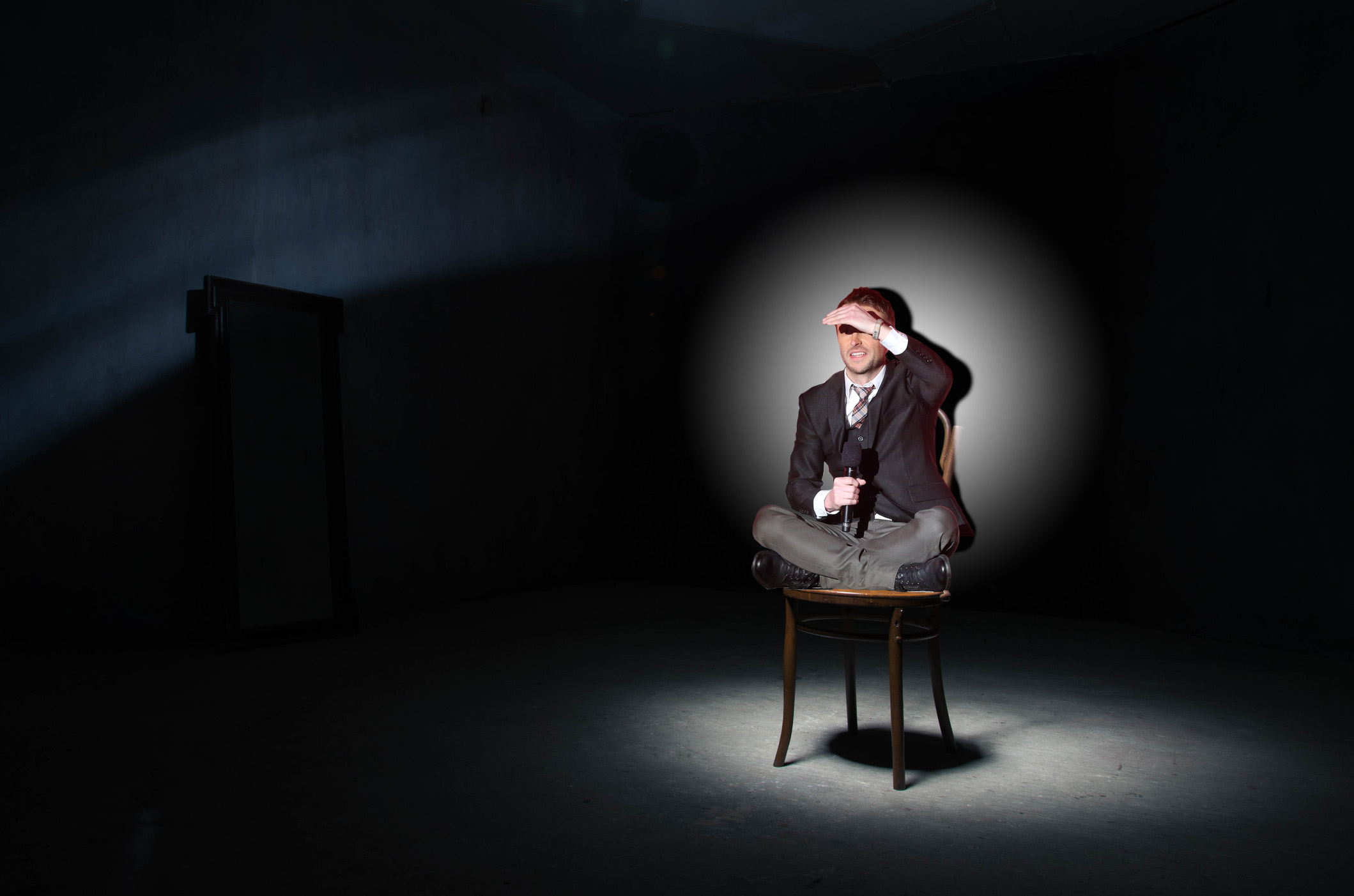It's far too easy to make a #MeToo comeback
Accused men are already creeping back into the limelight

A free daily email with the biggest news stories of the day – and the best features from TheWeek.com
You are now subscribed
Your newsletter sign-up was successful
The #MeToo comebacks are accelerating.
Sunday marked Chris Hardwick's first night hosting Talking Dead since he was accused of being emotionally abusive in a former relationship. Tuesday saw R. Kelly announce a performance at Madison Square Garden, despite being in the midst of far more pernicious accusations. The same day, the new show from Matthew Weiner of Mad Men fame released its first trailer, as sexual harassment allegations made against him last year seem to have fallen by the wayside. James Franco, accused of sexual exploitation, will soon appear on HBO in the second season of The Deuce. Former Fox News executive Bill Shine, recently unemployed due to his handling of a harassment scandal at the network, is already back behind the scenes, now as communications head of the White House.
This is a problem, because whether these men are innocent or not, our culture simply doesn't know what to do after someone in a position of power is accused of misconduct. And until we figure out how to litigate these issues, it's going to just come down to who has power and who does not. And power, like money, has a way of staying exactly where it is.
The Week
Escape your echo chamber. Get the facts behind the news, plus analysis from multiple perspectives.

Sign up for The Week's Free Newsletters
From our morning news briefing to a weekly Good News Newsletter, get the best of The Week delivered directly to your inbox.
From our morning news briefing to a weekly Good News Newsletter, get the best of The Week delivered directly to your inbox.
Take Hardwick. It’s hard not to read the prolific TV host and internet personality's on-air statement at the start of this week’s Talking Dead as a quiet reassertion of that existing power dynamic. AMC had suspended the premiere of Talking Dead and temporarily replaced him as host when the allegations came out in mid-June. Then, without any clear details from the network about its investigation into his conduct, he was back on the air not even two months later.
On Sunday's pre-show monologue, Hardwick expressed gratitude through tears to "the fans," whom he called "a vital part of my life." He made no mention of anyone who left his show in protest, nor the nature of his hiatus. He didn't apologize to anyone; he didn't even express a modicum of understanding about the sensitive nature of his reappearance.
In short, Hardwick made a series of events that stemmed from a woman’s account of her abuse all about him, and worked hard to ingratiate himself with his audience — something his former partner, Chloe Dykstra, could never, ever do.
This suggests two things. The first is that the system is still clearly broken. Hardwick — a provably replaceable television host who has spun a career out of merely being a fan of things — has managed to weather a storm without being held to any level of demonstrable accountability from the network, for no clear reason other than perhaps the inconvenience of permanently replacing him.
A free daily email with the biggest news stories of the day – and the best features from TheWeek.com
The second is that the timeline between accusation and superficial rehabilitation is shortening, and our window to institute meaningful change — the kind of change that results in fewer instances of the kind of harassment and abuse of power that led to #MeToo happening in the first place — might be closing.
Horrifyingly, there are simply too many allegations. Consider this Vox resource, which lists the men accused of sexual misconduct since April 2017, and places the number over 200. So few have been adequately pressed about the allegations against them. Fewer still have been exonerated. Yet so many have been allowed to continue their lives as before following a brief period of relative quiet.
Why haven't we committed more fully to figuring out a way for both the accused and the accusers to move forward? Because it's impossible to keep up. Consider, for example, the lies of President Trump. How many do you remember? Do you still have the energy to be outraged over the lies he told in 2015? Should we still seek the same level of restitution for those lies as the ones he told yesterday?
The answer, of course, is yes. But a society, like individuals, can only process so much. And as collective exhaustion sinks in, it becomes easier to just be done with things than it is to deal with them, because if we deal with all of them, it seems like we'll never be able to move on.
We don't — and may never — know what Hardwick did or didn't get away with. That's expected. But we also don't know know why the corporations that employ him chose to believe him over Dykstra, why they chose to say so little, why this seemingly pivotal event in an important cultural moment is being so hurriedly swept aside.
Of course, that's the dark irony of it all. We know exactly why — and it's the sort of thing #MeToo is trying to fix.
Joshua Rivera is a freelance entertainment journalist and critic who has written for GQ, Vulture, and Entertainment Weekly.